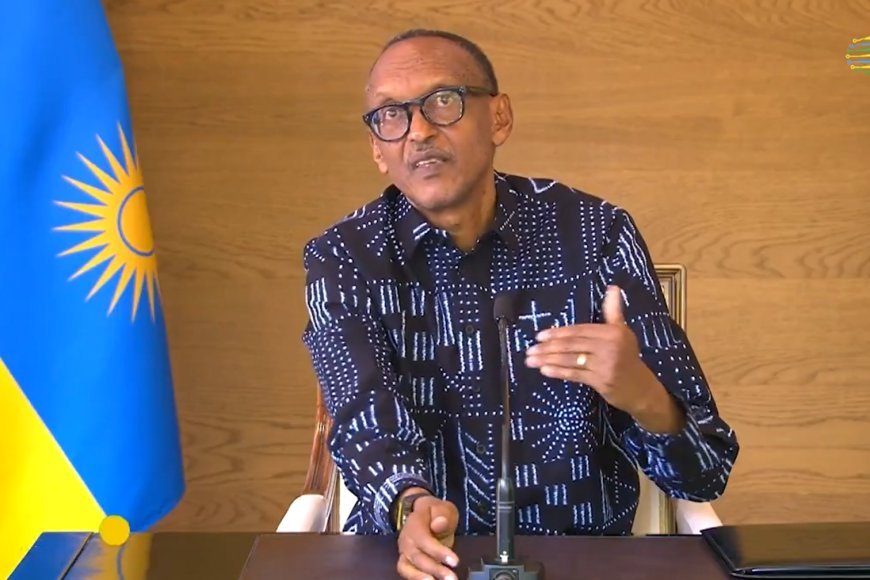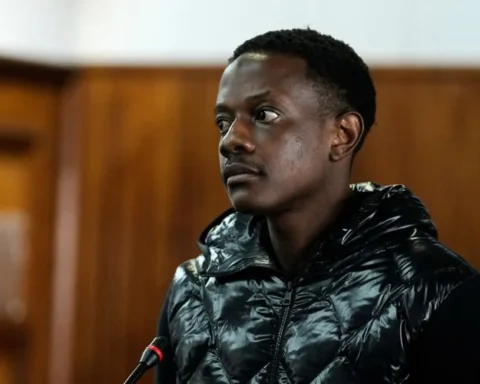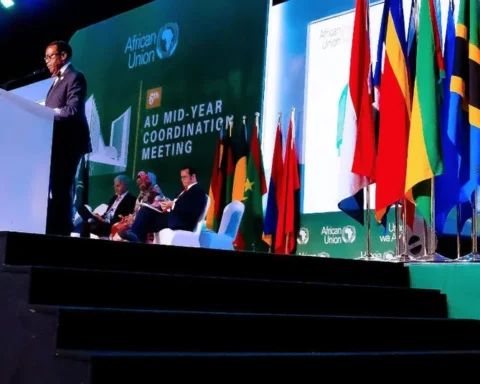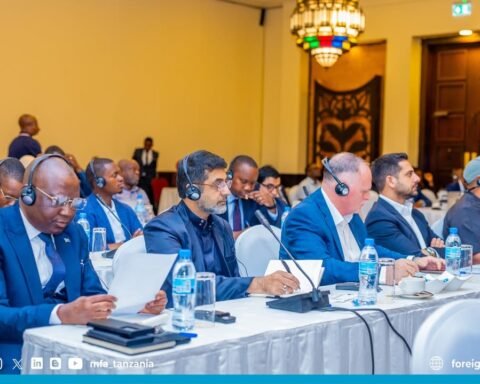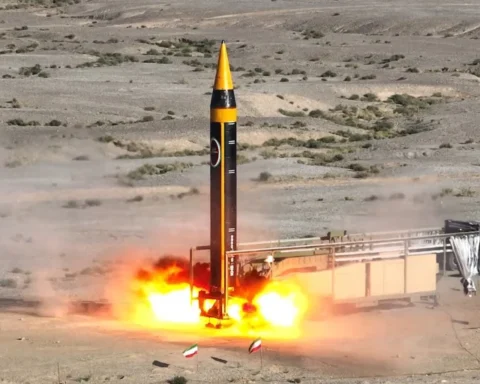Rwandan President Paul Kagame has voiced strong support for a peace agreement recently signed with the Democratic Republic of Congo (DRC), but has also issued a stern warning about any potential bad faith actions from Kinshasa.
Speaking in Kigali during Rwanda’s Liberation Day celebrations on July 4, Kagame said his government would honor the commitments made under the U.S.-brokered agreement—but would not tolerate deception.
“We will respect the agreement. But if the other party chooses tricks, we’ll respond in the way Rwanda knows best,” he said.
The agreement, known as the Washington Accord, was signed on June 27, 2025, and aims to bring an end to the years-long conflict in eastern Congo. The region is home to some of the world’s richest reserves of minerals like cobalt, coltan, and lithium, crucial for global tech and renewable energy industries.
Brokered by the United States, the deal includes terms requiring Rwanda to withdraw any troops allegedly supporting the M23 rebel group, while Kinshasa is tasked with neutralizing the FDLR—a militia formed by individuals linked to the 1994 Rwandan genocide.
The conflict in the Kivu region of eastern DRC has led to the deaths of millions and the displacement of entire communities over the past two decades. Despite multiple peace efforts, the area remains volatile. Armed groups continue to fight over territory, resources, and influence.
Rwanda has long denied allegations of backing M23, even though reports from the United Nations and human rights groups have suggested otherwise. In turn, Rwanda accuses the DRC of harboring and tolerating FDLR fighters, some of whom are believed to have participated in the genocide against the Tutsi minority.
Kagame’s message on Liberation Day was clear: if the DRC does not fulfill its obligations, Rwanda reserves the right to act in what it considers national self-defense.
The United States’ role in brokering the deal is not without self-interest. The Biden-Trump transitional administration has increasingly prioritized securing access to critical minerals needed for electric vehicles, batteries, and semiconductors. Eastern Congo holds vast reserves of these strategic resources.
Also Read; BRICS Leaders Call for Fairer World Order
With China already dominating much of Africa’s mining sector, Washington’s involvement in the region is seen as part of a broader effort to shift influence and control supply chains. Several American firms are expected to participate in mining partnerships if the peace deal holds.
Despite the diplomatic optimism, tensions remain fragile. Kagame’s statement reflected deep-seated mistrust, especially after previous deals—including the 2013 Kampala Talks—collapsed over unresolved rebel activity and cross-border accusations.
Humanitarian advocates, including Nobel laureate Dr. Denis Mukwege, have raised concerns that the deal might sacrifice justice and human rights in favor of mineral wealth and geopolitical alignment.
Nonetheless, both countries have shown signs of commitment. Kinshasa has reportedly begun relocating troops and opening lines of communication with Rwandan authorities.
Whether the Washington Accord brings lasting stability to the Great Lakes region will depend not just on military withdrawals, but on transparency, cooperation, and trust.

